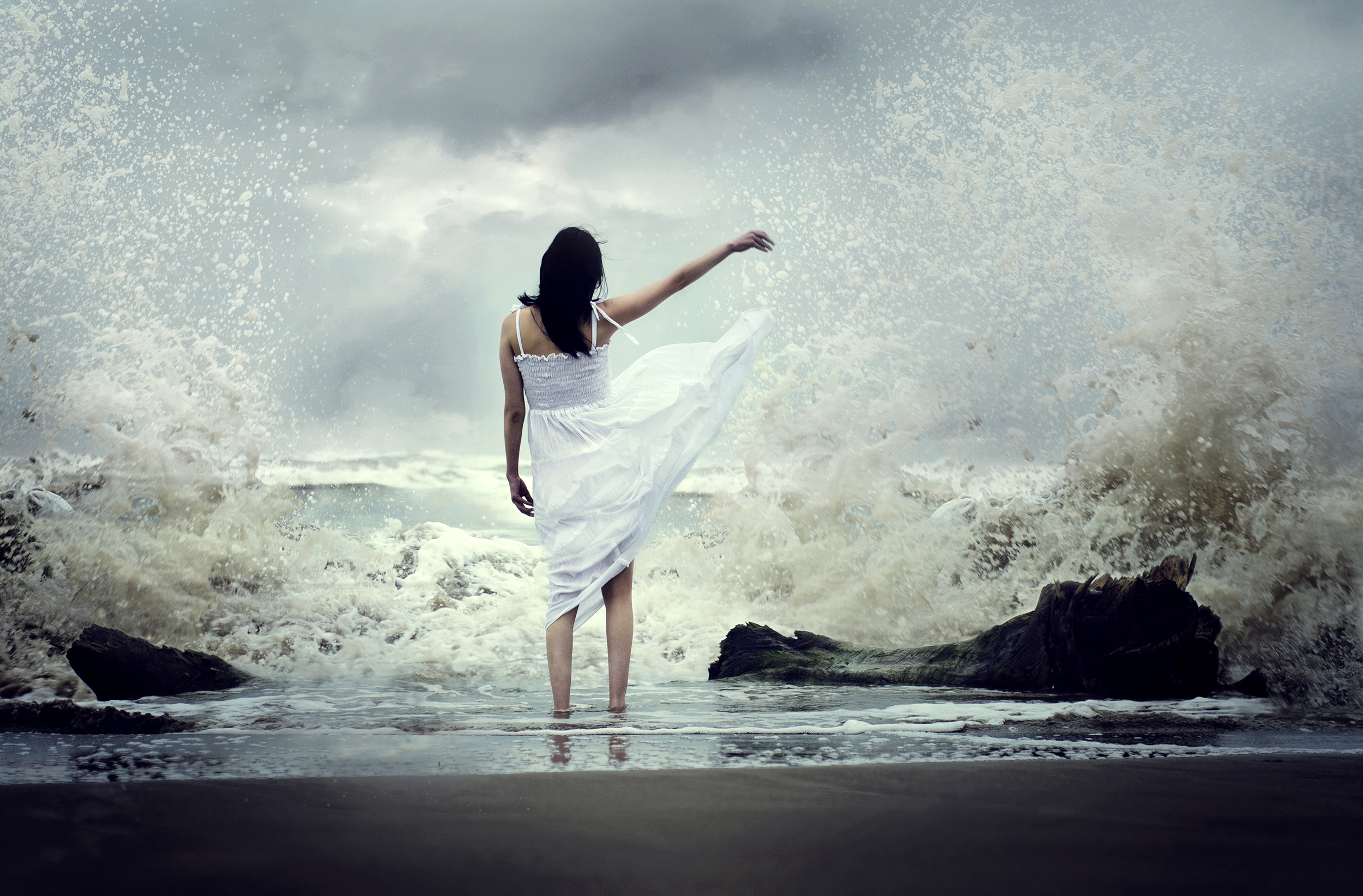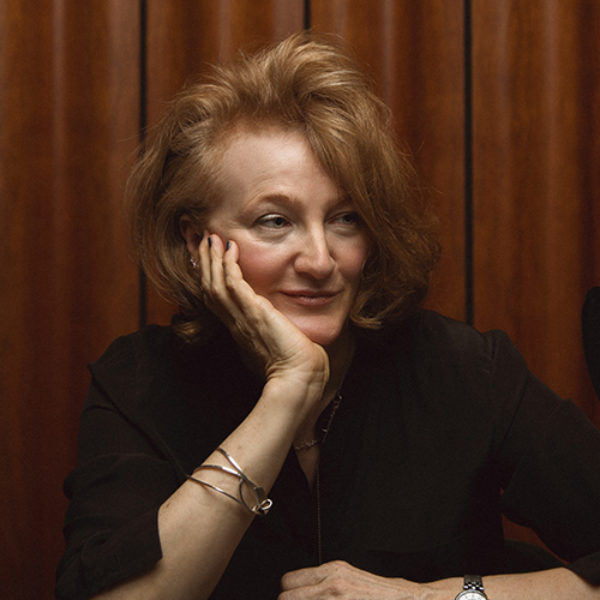
Genesis: How We Got Here
Image by Jonathan Emmanuel Flores Tarello/Flickr, Attribution-NonCommercial-NoDerivs.
What is faith? What is religion? What is spirituality? Each of these words is difficult for some of us and richly meaningful for others. Together they describe an aspect of human experience that has taken our age by surprise. I want to explore this surprise in all its complexity and variety, and to set our common encounter with it on a new footing. Some say, I know, that religious passions are the cause of our culture’s worst divisions, and a threat to democracy and civilization here and abroad. But I think the truth is more broadly and deeply rooted in the human psyche and spirit. Every institution and essential human question is up for grabs in our time — definitions of the beginning and the end of life, of gender and marriage, of community and government. The unresolved issues before us touch realms of intimacy where it is impossible to be merely rational. We respond by clamping down fiercely, at both ends of the spectrum of our public life, on the answers we do have. Our sacred traditions could help us live more thoughtfully, generously, and hopefully with the tensions of our age. But to grasp that, we must look anew at the nature of faith, and at what it might really mean to take religion seriously in human life and in the world.
In the pages that follow, I describe an adventure of conversation across the world’s traditions that has opened my imagination — spiritual, political, intellectual, and personal. I believe that what most Americans want, whether they are religious or not, is for the religious voice in our public life to be more constructive — to reflect the capacity religion has to nourish lives and communities. I illustrate a way to speak about faith that defuses the usual minefields. I explore light shed by my conversation partners on the great issues of our time, from the depths of their knowledge and experience in the world. They are theologians and scientists, educators and physicians, social activists and poets. We trace a powerful and creative and humbling line between theology and human experience — between religious ideas and real life. This is religion as it works in the lives of the many, not in the debates and headlines of a few.
As a journalist I’m committed to drawing out the contours and depths of what I call “the vast middle” — left, right, and center between the poles of competing answers that have hardened our cultural discourse. In the vast middle, faith is as much about questioning as it is about certainties. It is possible to be a believer and a listener at the same time, to be both fervent and searching, to nurture a vital identity and to wonder at the identities of others.
I am not out to excuse or downplay the damage religion does. But I believe that the spiritual energy of our time is tapping into the only sufficiently powerful counterweight we have against religious excesses. Real change will only emerge from critique and ferment inside religious traditions themselves. I have encountered a great deal of religious grief these past years. My conversation partners insist on an honest appraisal of the destructive energies alive in their faiths. But they also long for a nuanced appraisal-one intelligent enough to take the time and care to unravel extremism from devotion, to distinguish between what is ideological and what is human.
Of this I’m certain: the religious energy of our world now is not in essence a rejection of all the disciplines by which we’ve ordered our common life for many decades — law, politics, economics, science. It is, rather, a realization that these disciplines have a limited scope. They can’t ask ultimate questions of morality and meaning. Our most heated debates — on marriage, or stem-cell research, or abortion — defy the boundaries of legal rulings and political rights into which we’ve attempted to fit them. They drive back to the mysteries of human life and human sexuality. They are prisms for deep questions about identity, relationship, and love in our time. They also arouse fierce human impulses both to question difference and to defend it. We can construct factual accounts and systems from DNA, gross national product, legal code — but they don’t begin to tell us how to order our astonishments, what matters in a life, what matters in a death, how to love, how we can be of service to one another. These are the kinds of questions religion arose to address, and religious traditions are keepers of conversation across generations about them. I’ve seen a tapestry unfurled, both ancient and in progress like the whole of creation, a bearer of truths that arguments cannot contain. I must tell of these things, and how they meet my own deepest longings for truth, beauty, and hope.
